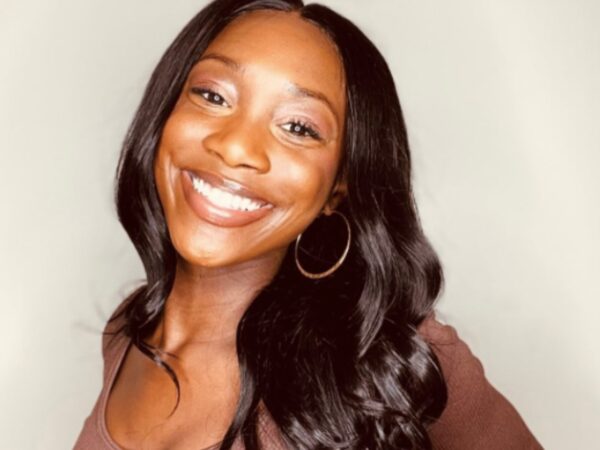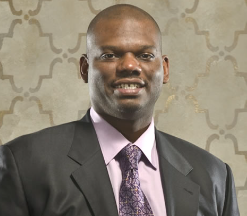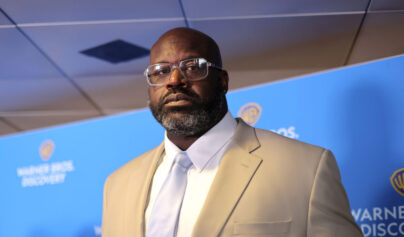Black- or African-American-owned businesses total an estimated 134,567 in the United States. These businesses have $133.7 billion in annual receipts and employ some 1.3 million workers, with about $40.5 billion in annual payroll, according to the U.S. Census.
Several Black business owners recently reflected to Business Insider on what it means to be an entrepreneur and why they have embraced entrepreneurship.

How the George Floyd fallout helped boost Black business
“After the death of George Floyd, I saw a dramatic increase in media, funding, mentorship, and partnership opportunities. The increased access allowed me to learn the power of intentionality and pursue opportunities that aligned with Miss EmpowHer’s long-term goals. It was refreshing to see companies and stakeholders finally investing their time and capital into Black entrepreneurship,” says social impact entrepreneur Caitlyn Kumi, 22, who, in 2020, founded her company Miss EmpowHer, a size-inclusive fashion lifestyle brand based in Washington, D.C.
According to Jessica Chinyelu, 34, CEO and founder of Dallas-based The Sponsorship Lady, following the George Floyd protests, there was a sudden flood of funding and interest in Black founders.
Her company, The Sponsorship Lady, helps influencers, entrepreneurs and nonprofits increase their sponsorship revenue.
“The George Floyd situation was definitely a sad moment in history, but it opened up many doors and funding for Black creatives. It placed accountability on brands to put their corporate dollars where their mouths were and realize that posting a black square on Instagram wasn’t enough. Because of this, brands that previously said no were now willing to work with me and pay me and my clients our worth,” Chinyelu, told Business Insider.
Angel Cornelius, 62, founder and CEO of New York-based beauty company Maison 276 added, “For most entrepreneurs, early-stage capital is sourced from personal networks. Unfortunately, the majority of early-stage Black entrepreneurs don’t have access to them. I’m optimistic that the momentum gathered over the past 18 months will help to address these challenges. Following the George Floyd tragedy, I’m gradually seeing early-stage Black entrepreneurs obtain the necessary capital needed to execute their visions and fairly compete in today’s market. And I believe that the success of these entrepreneurs will serve as the foundational capital to support and nurture the next generation of entrepreneurs from our community.”
After the Fallout
“Support in Black-owned businesses has dipped because it was heightened around the George Floyd incident — once the media attention died down, so did some of the support,” said George Acheampong, 34, CEO and founder of financial platform Melanin Money in Charlotte, North Carolina. He added, “Lack of access to capital has been such an issue for Black businesses for so long that many Black business owners don’t put much stock into expectations for ongoing support. However, that keeps Black business owners from reaching the heights of success we know are achievable.”
Mainstream Media Only Covers Black Issues When Tragedy Strikes
“Since George Floyd, I have seen an increase in access to both capital and opportunities,” Vernon Coleman, 25, CEO and co-founder of Realtime app in Atlanta, told Business Insider. “However, I haven’t seen an increase in funding and opportunities for Black founders that haven’t spent years building networks as I did. The industry is more aware that only 1% of VC funding goes to Black founders a year. However, the industry has not taken meaningful steps to significantly increase that percentage. Our problems are not front and center in the mainstream media unless a tragic event happens.”
Mainstream Interest in Black Founders and Issues Not ‘Genuine“
“I don’t think the uptick in interest and support was natural or genuine in the first place, and really support probably died off because it’s hard to keep up with faking the funk,” said Rachel “Rocky J” Pilgrim, 24, CEO and founder of The Land of Milk & Honey Apothecary, located in Westchester, New York. “We talk about people having ‘pandemic fatigue,’ but ‘ally fatigue’ is just as prevalent. People running to support Black businesses were born out of performing allyship. It wasn’t meant to last because inevitably another event that fits the progressive agenda would come along, grab media attention, and people would move on to the next thing,” Pilgrim said.
Read: “Why More VC Firms Are Writing Checks to Black Women, and Why It Still Isn’t Enough“




